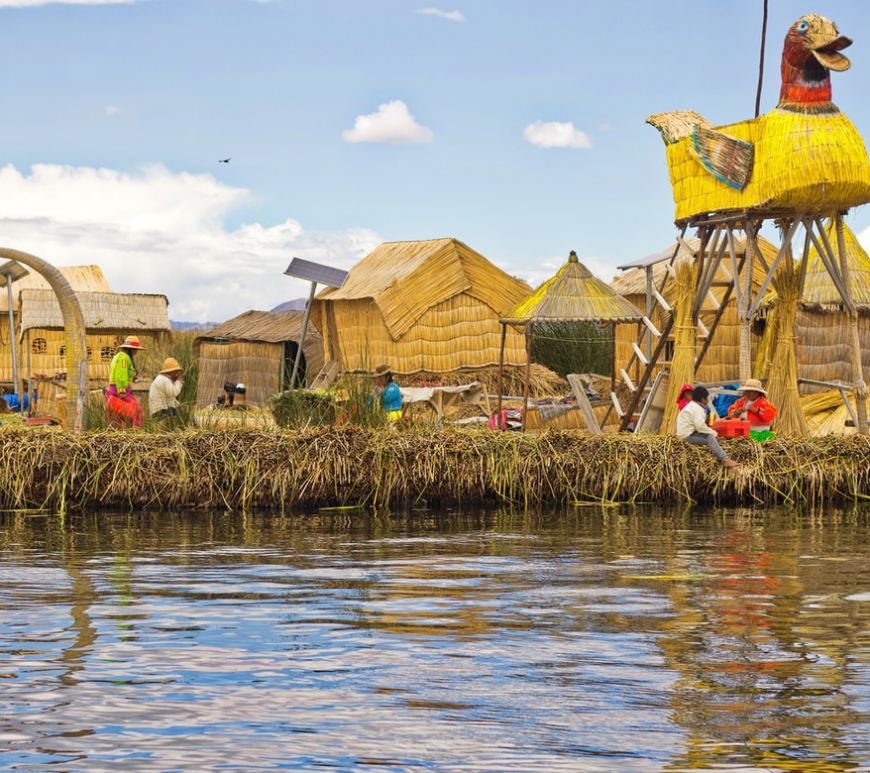Pablo Solón
La premessa delle alternative sistemiche è che le crisi ambientali, economiche, sociali, geopolitiche, istituzionali e di civiltà sono parte di un tutto, sono interconnesse e si rinforzano mutualmente. È quindi impossibile risolvere una di queste crisi senza affrontare le altre come parte del tutto. Strategie unidimensionali non sono in grado di risolvere le crisi sistemiche e rischiano al contrario di aggravarle. Le crisi sistemiche sono causate da insiemi di fattori quali il capitalismo, la xenofobia, il razzismo, il patriarcato, l’estrattivismo, l’antropocentrismo, la plutocrazia, il produttivismo e il colonialismo. Un’alternativa sistemica tenta di affrontare e superare le cause strutturali delle crisi sistemiche. Le alternative sistemiche non progrediscono per stadi. Non si sostiene che bisogna prima andare oltre il capitalismo per poter risolvere il patriarcato o l’antropocentrismo. Le alternative sistemiche affermano che il capitalismo, il patriarcato, l’antropocentrismo e gli altri fattori sopra menzionati sono interdipendenti e mutualmente rafforzantisi. Continue reading “Alternative sistemiche: di cosa parliamo?”
















You must be logged in to post a comment.